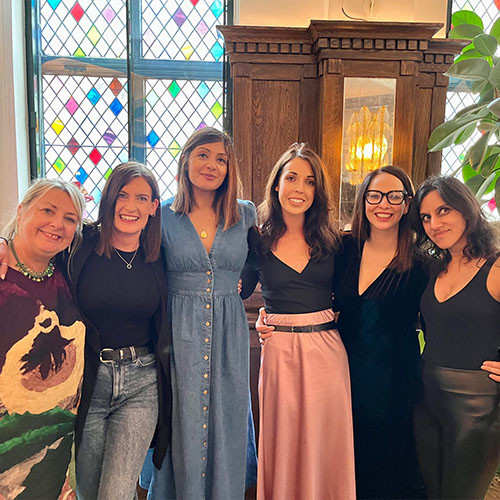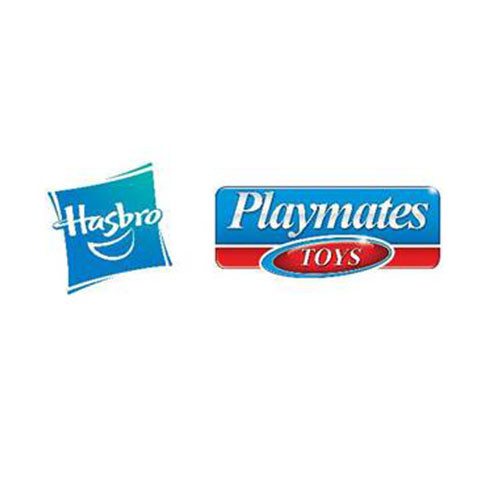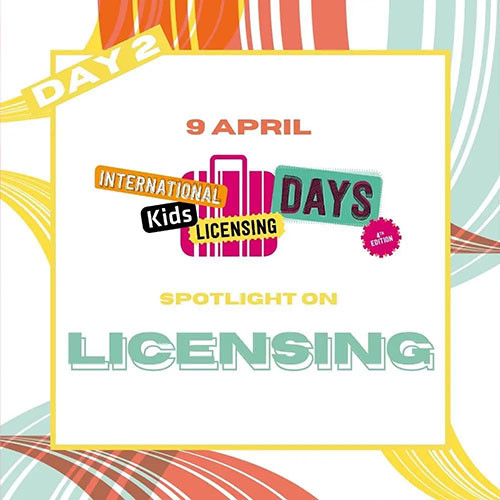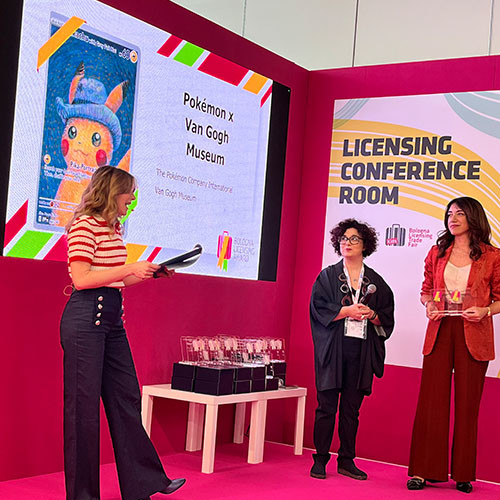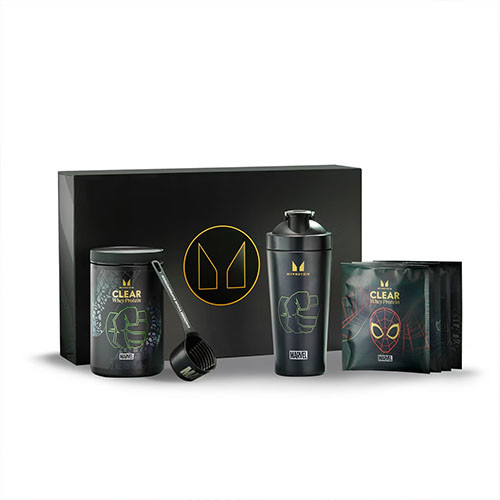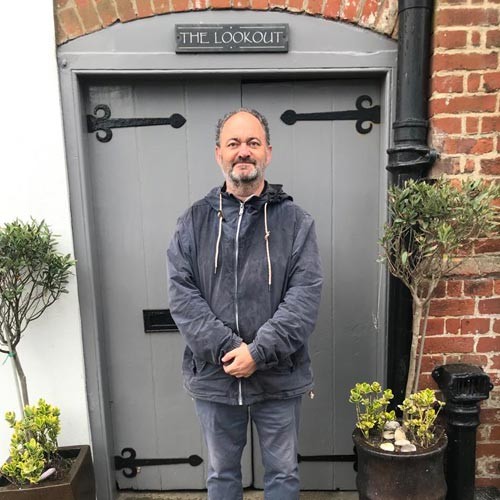Victor Caddy, director at the IP specialist, will be providing answers to key questions from the licensing community to help ensure brands are properly protected.
The licensing sector is all about IP and brand extensions, many of which are creative and warrant protection.
Every business has some IP (defined as unique creations of the mind) and some of that can be protected legally by copyright, registering a trade mark or a design right, as well as by filing a patent.
However, the whole area of IP can be a confusing minefield for business leaders because it’s presided over by a niche legal profession, is a specialised business area and, by its very nature, intangible.
IP specialist Wynne-Jones has been listening to many industry queries over the past year or so – and in partnership with LicensingSource.net – it is now launching The IP Surgery, to help answer those burning questions. We want your questions, so we can provide the answers.
Today’s question: Is it correct that if you hold a UK/Eire-only contract, that any royalties generated from sales to an EU country under ‘Treaty of Rome’, can legally be recouped against your contractual minimum guarantee – despite being ‘out of territory’?
Victor says: “The European Union dislikes agreements that seek to partition the Single Market, but the holder of an intellectual property right may grant a licence aimed at a specific territory, (in other words, active sales to another territory are forbidden) but it cannot prevent passive, unsolicited sales to purchasers in other European Economic Area states.
Passive sales from out of territory are a problem for rights owners. They may happen innocently because a potential customer from outside the licensed territory finds the licensee online. It is forbidden within the EEA to prevent a licensee or distributor from selling online. As a result, licensing agreements usually include clauses that are specific to online sales. For example, they may include wording to prevent to the purchase of Google Ad Words that could aid the sale outside of the licensed territory, or that prevent the use of the brand as a domain name, which would again make it easier to sell outside of the territory.
In other instances, a potential customer from outside the licensed territory may approach the licensee at a trade show, or maybe the licensee in one territory phones a potential customer in another territory and says ‘I do not market the products in your territory, but email me and we will see what we can do’. As a consequence, it is common for good faith clauses to be put into contracts, stipulating that every licensee has to act in good faith to protect the territory of each licensee within the EU or EEA network.
Where the minimum guarantee comes in is that, if the licensor finds out that a licensee is selling outside of their territory, they can notify the licensees in the network and ask the sales to stop, and, if this does not happen, they may increase the minimum guarantee of the licensee making the passive sales accordingly.
Here’s the thing. Trade marks are territorial in nature. The Single Market is not. So, the European Commission has had to come to an uneasy compromise that allows trade mark owners to licence on a territorial basis, but does not allow them to use their territorial trade mark rights to restrict cross border sales of goods within the EU (or the EEA).
There has been a spate of cases recently where the European Commission has imposed fines on licensors that have been using territorial licence agreements to do exactly that. The licensors in question include Nike and Guess. One of the things to come out of these cases is that it is not acceptable for a licensor to claim punitive royalties. Nike’s licence agreements sought to impose double royalties on out of territory sales, and the European Commission ruled this unlawful. But there is nothing to suggest there is anything wrong with claiming normal royalties.”
If you would like to ask the team at Wynne-Jones a question to appear in The IP Surgery, please email Samantha Loveday by clicking on this link.













